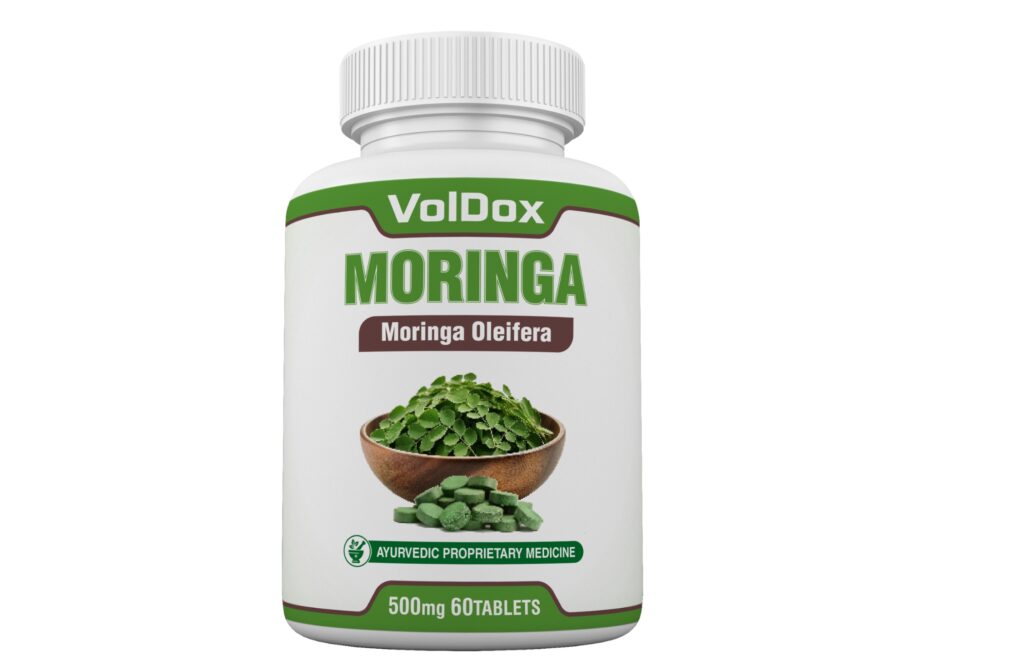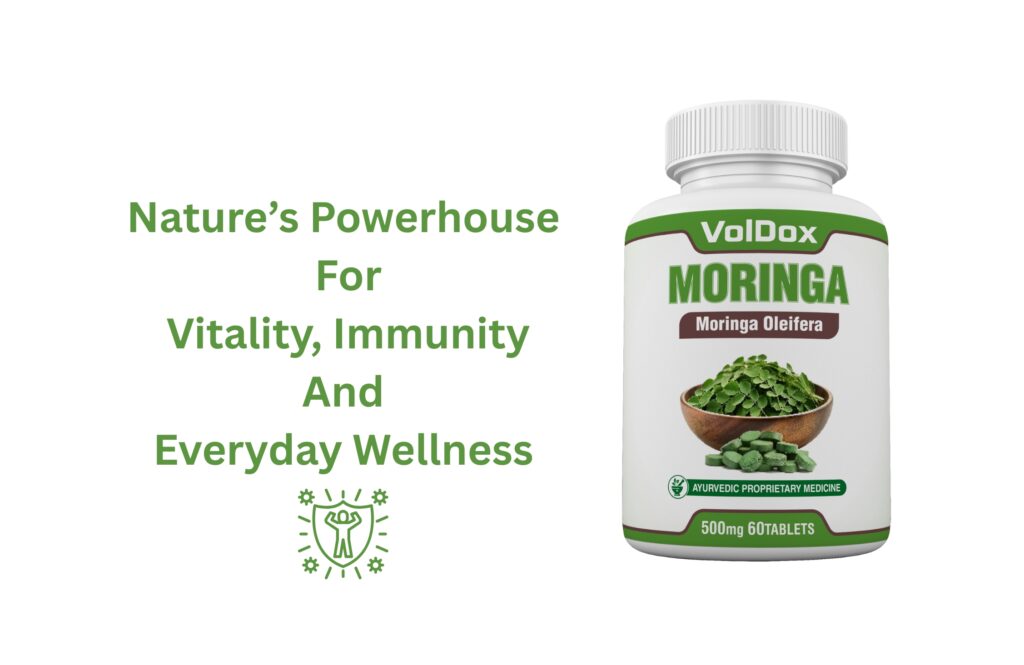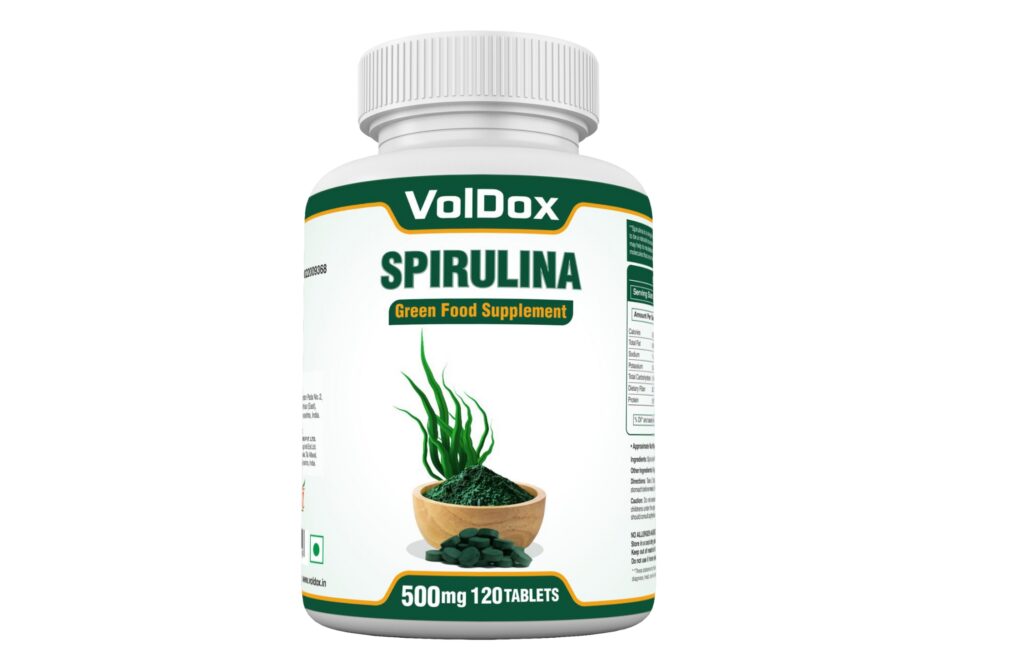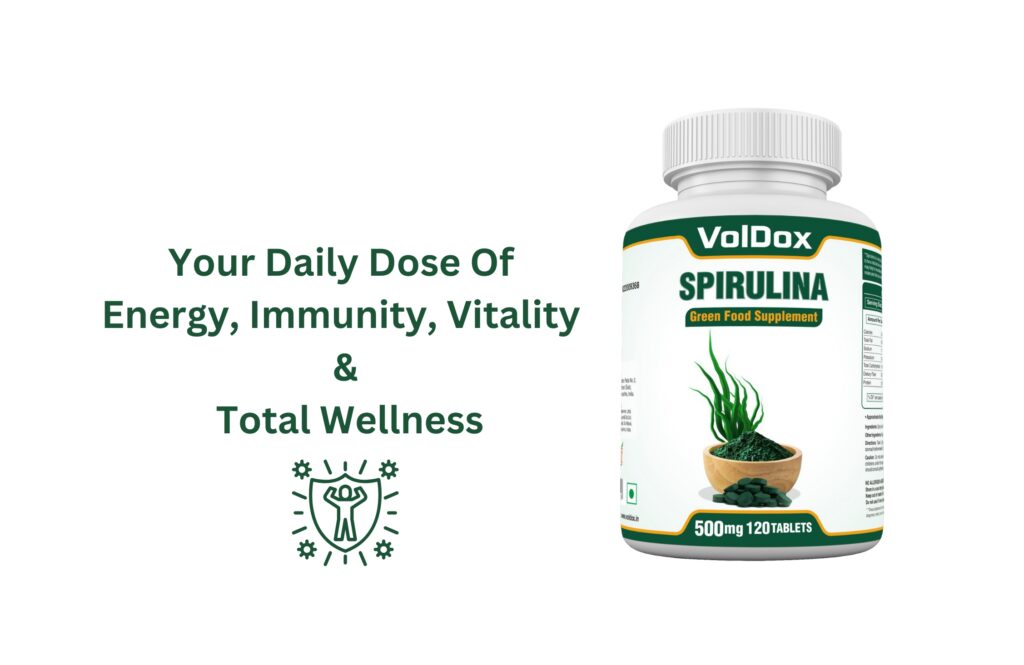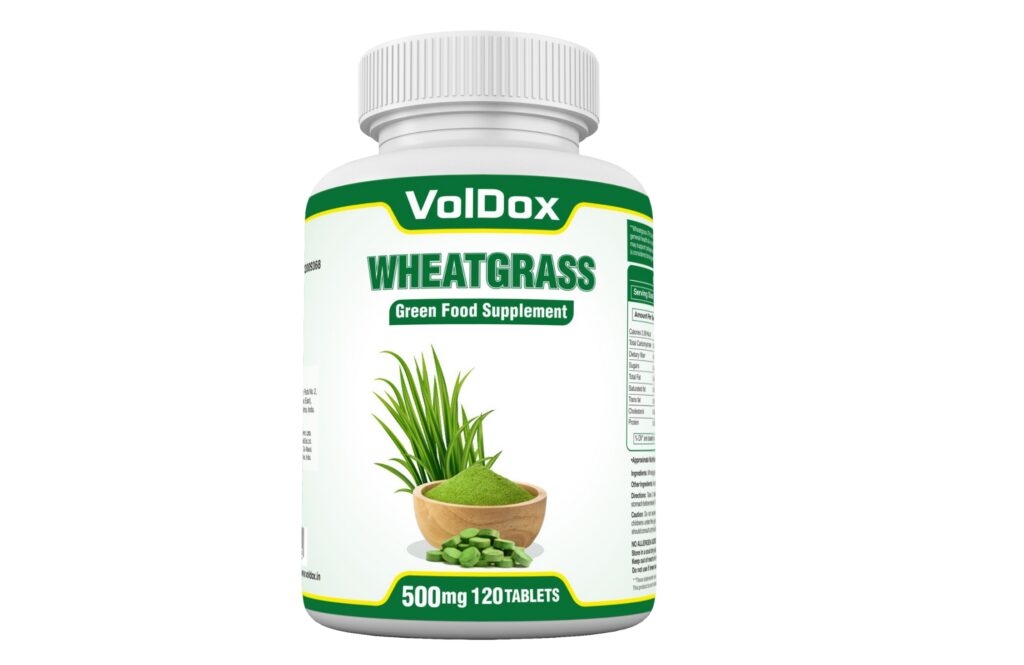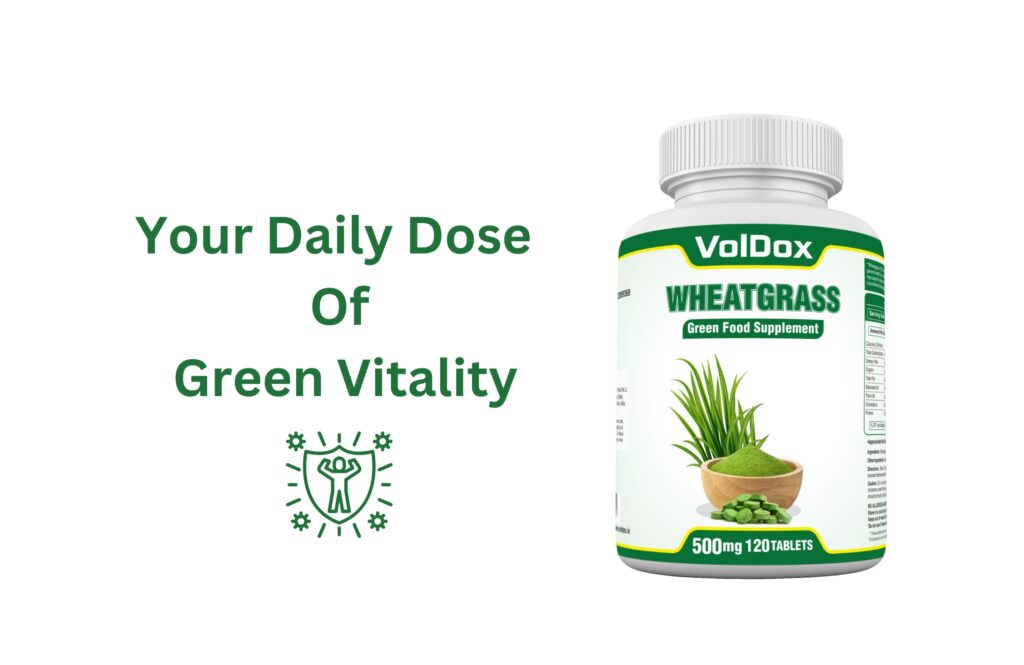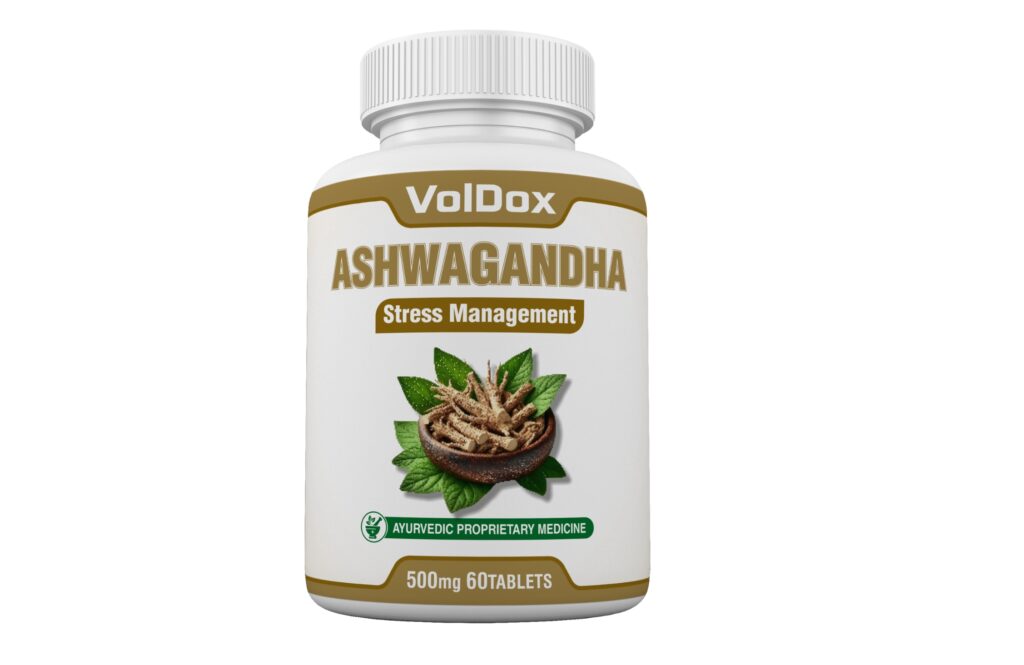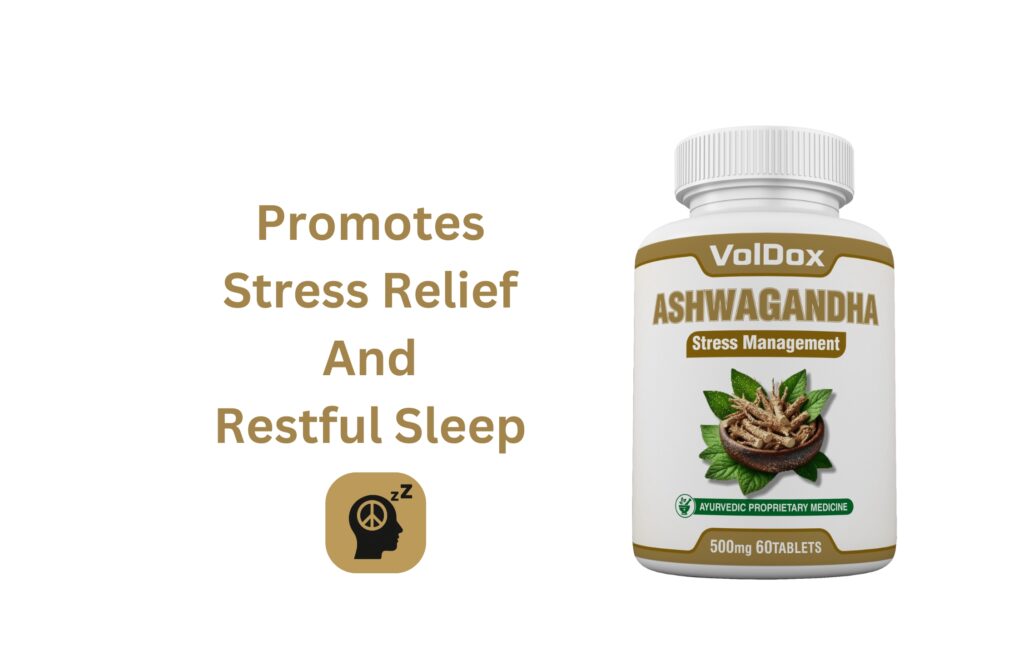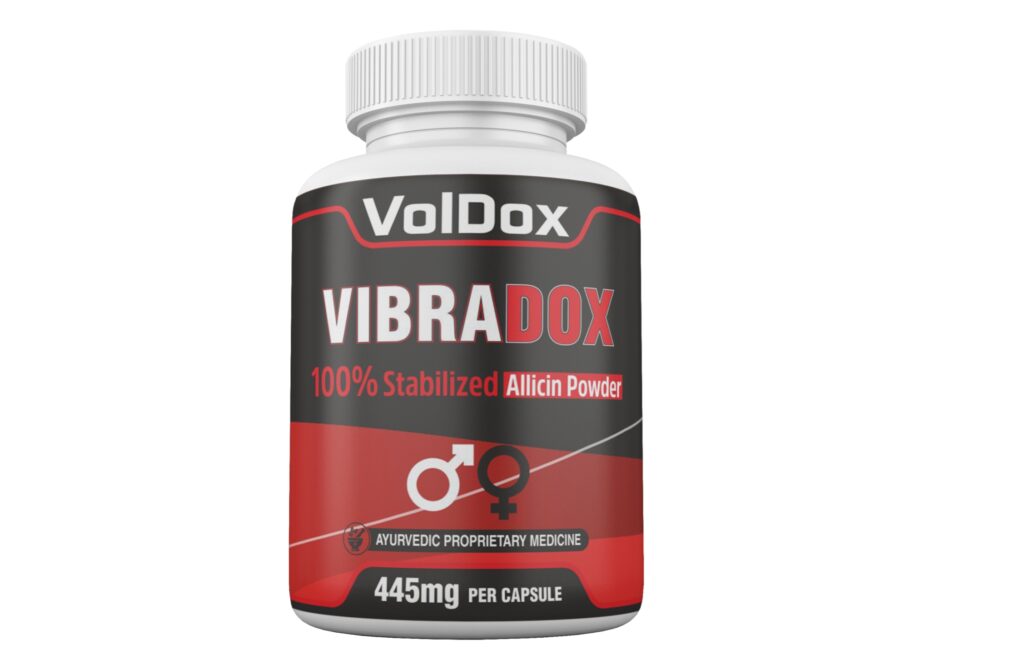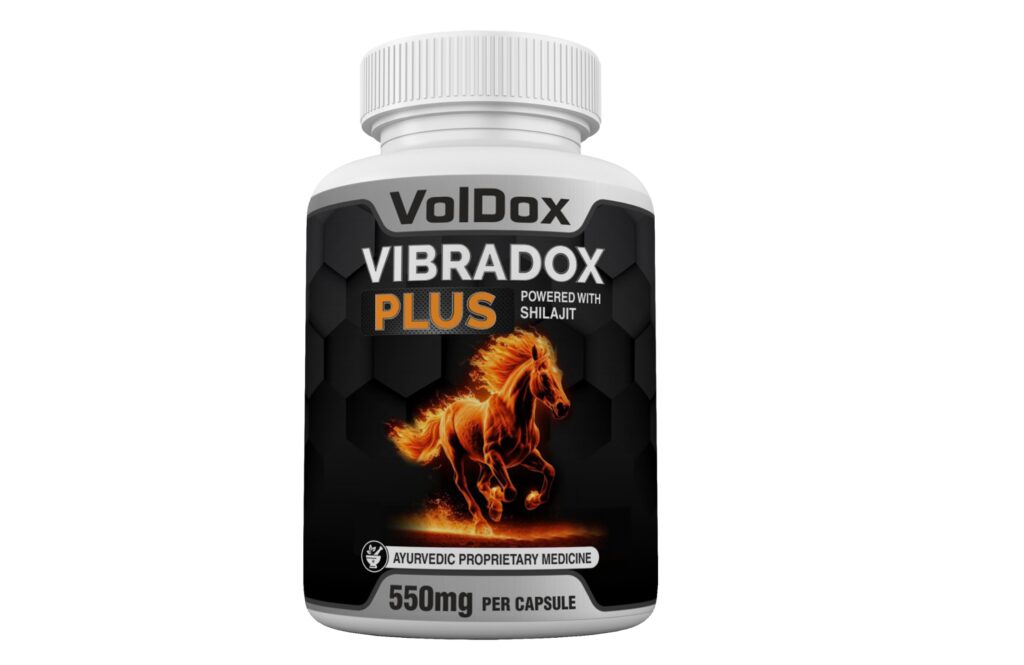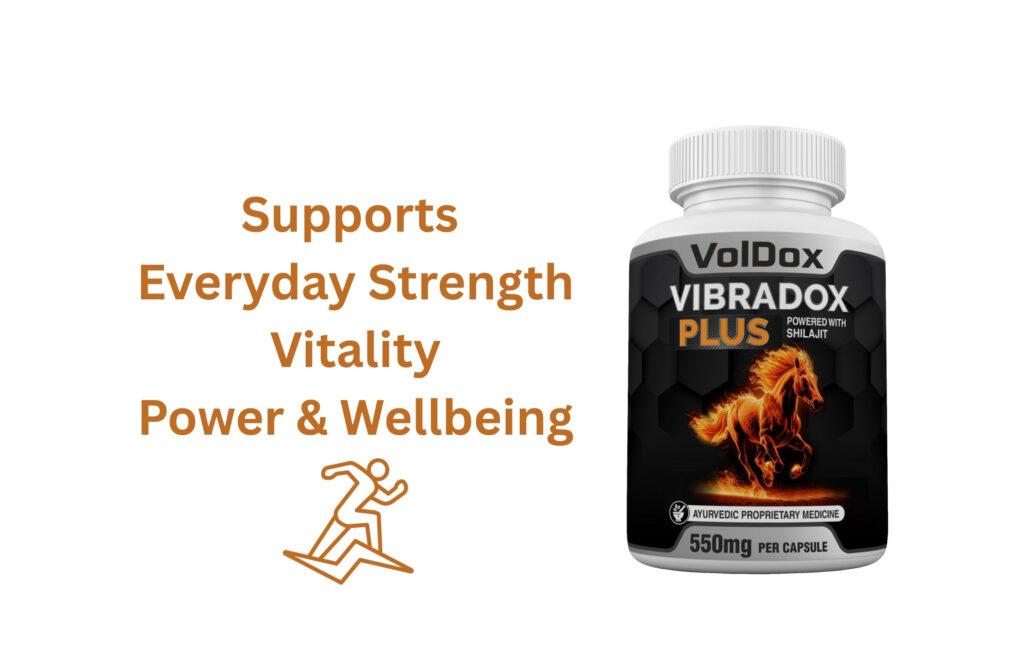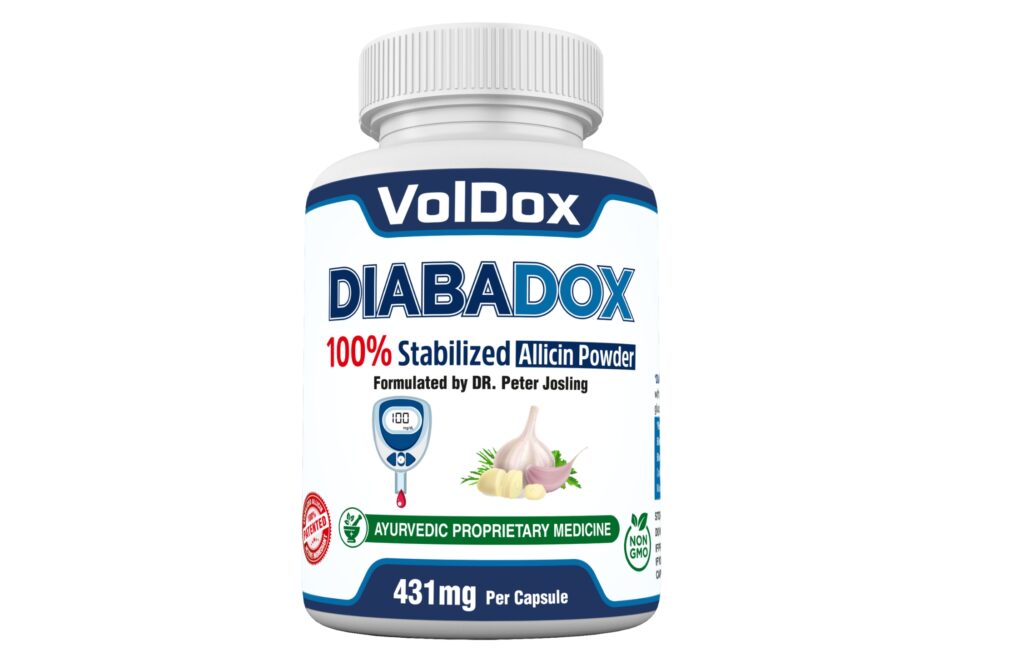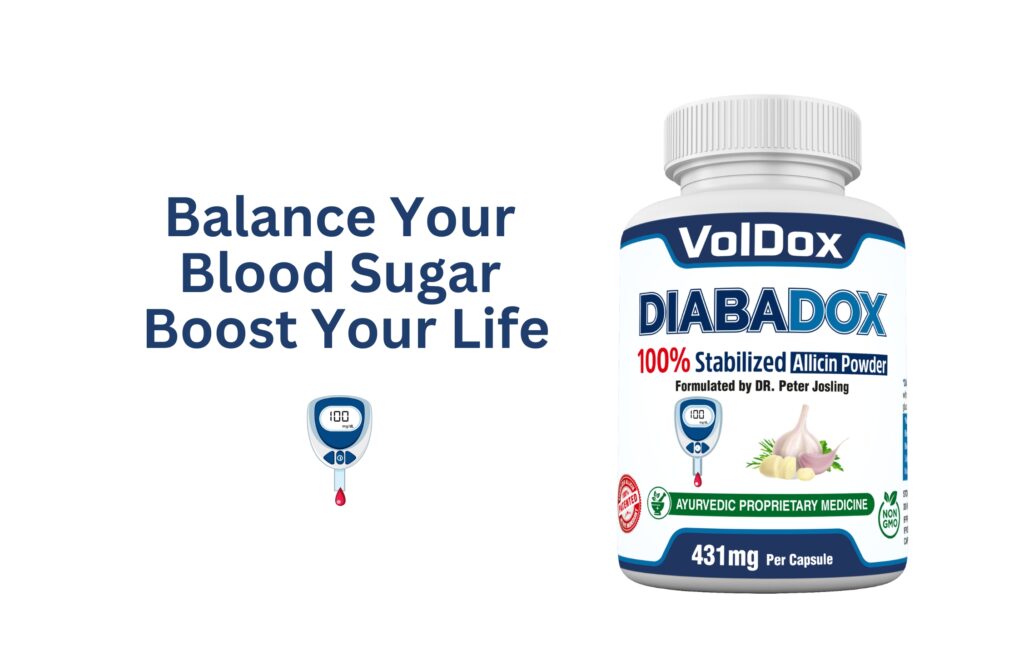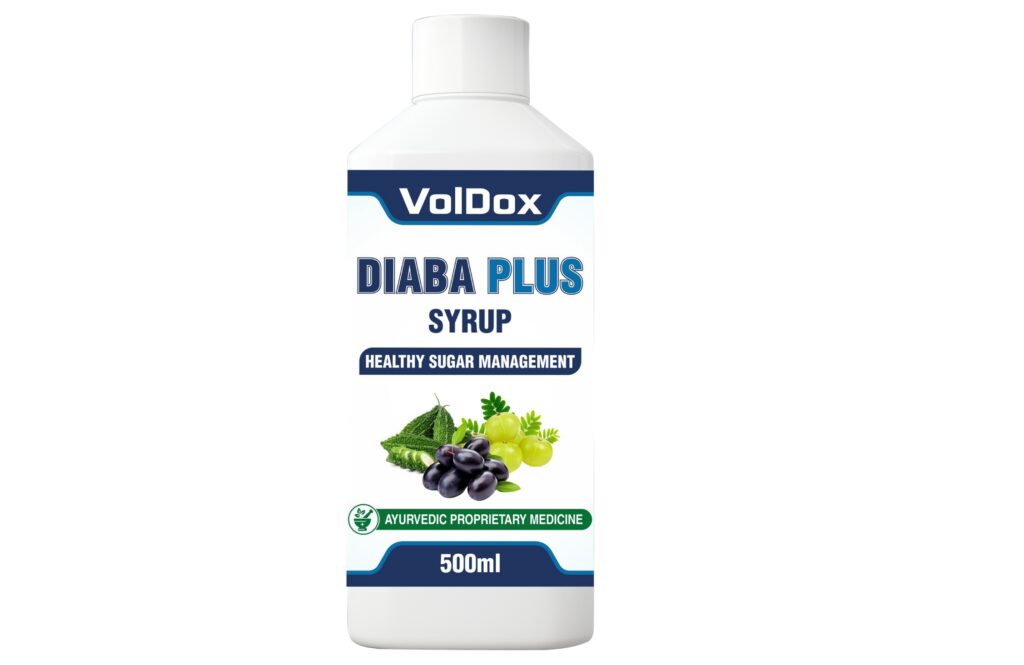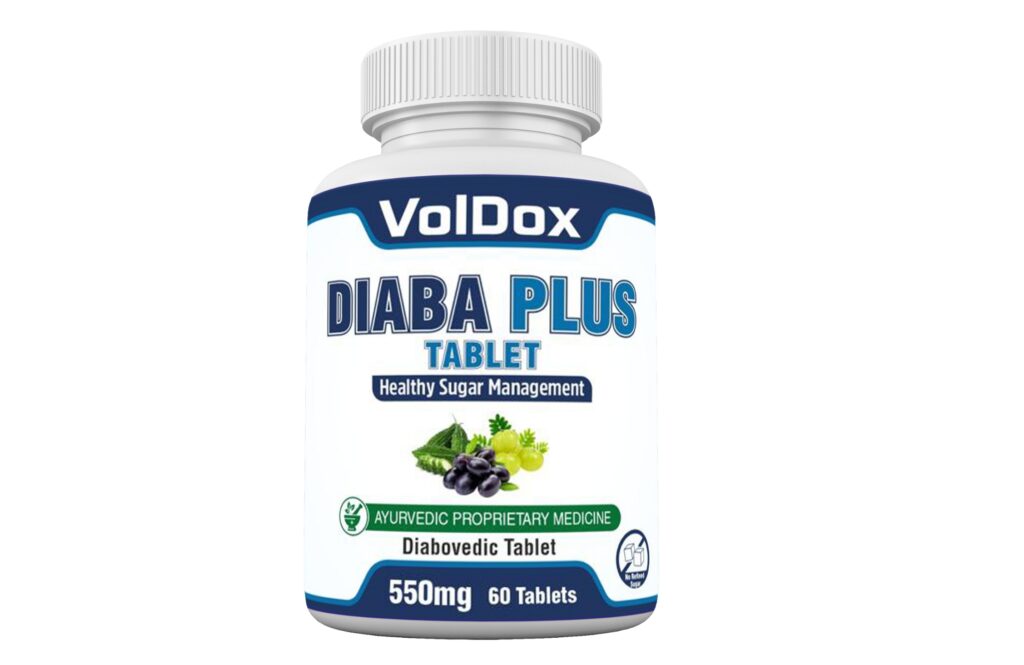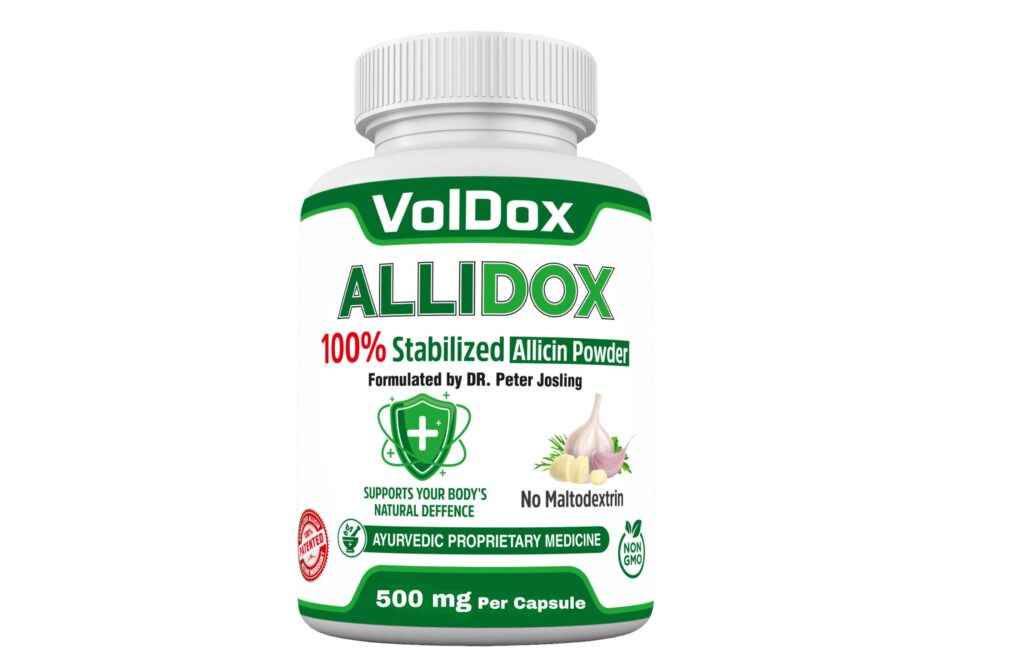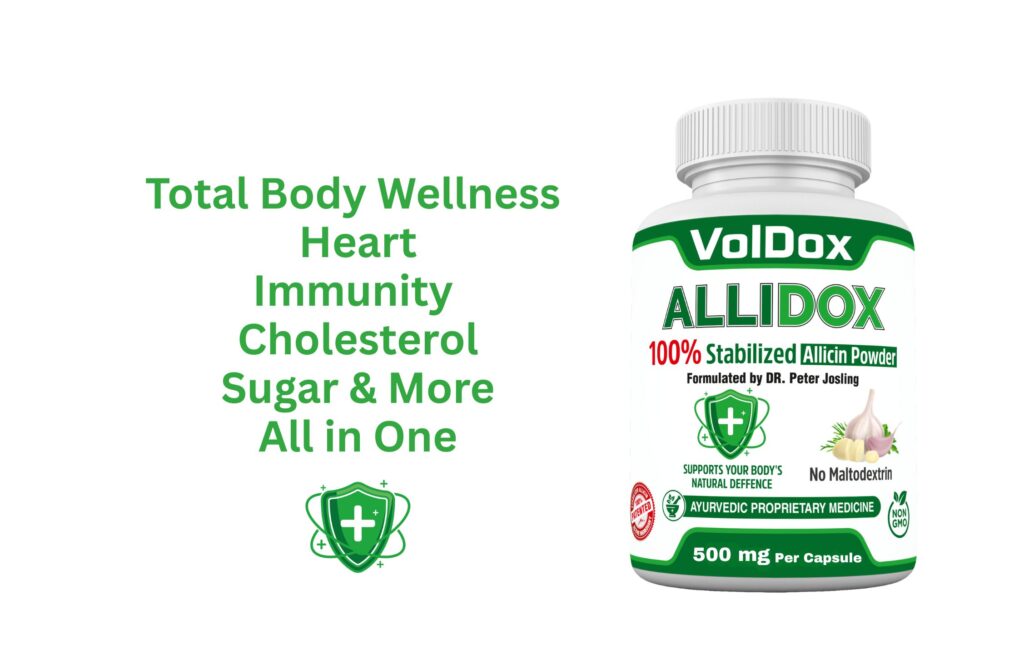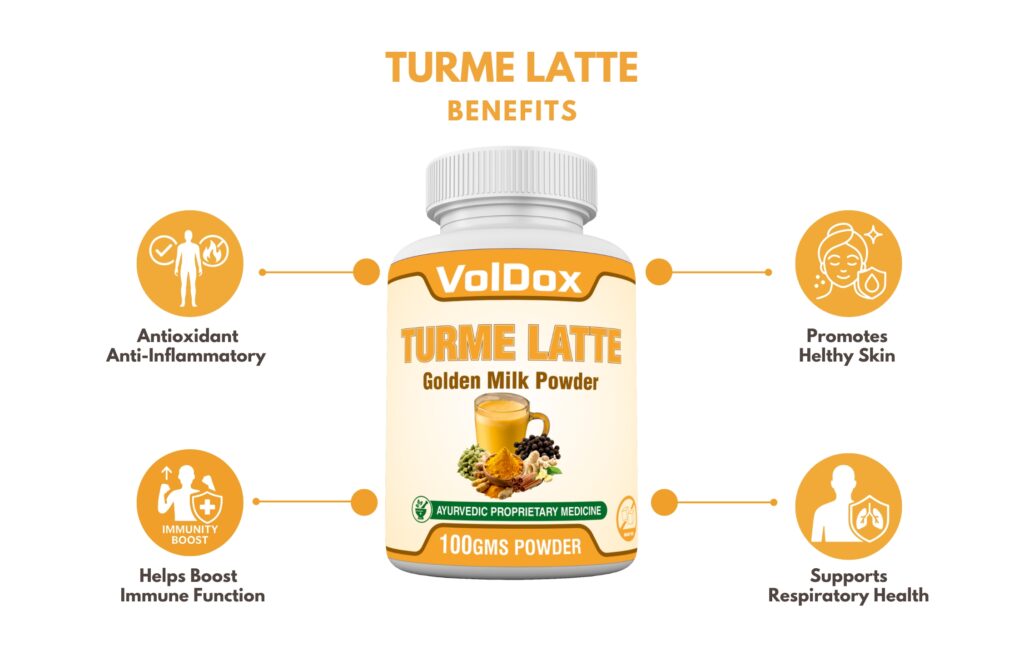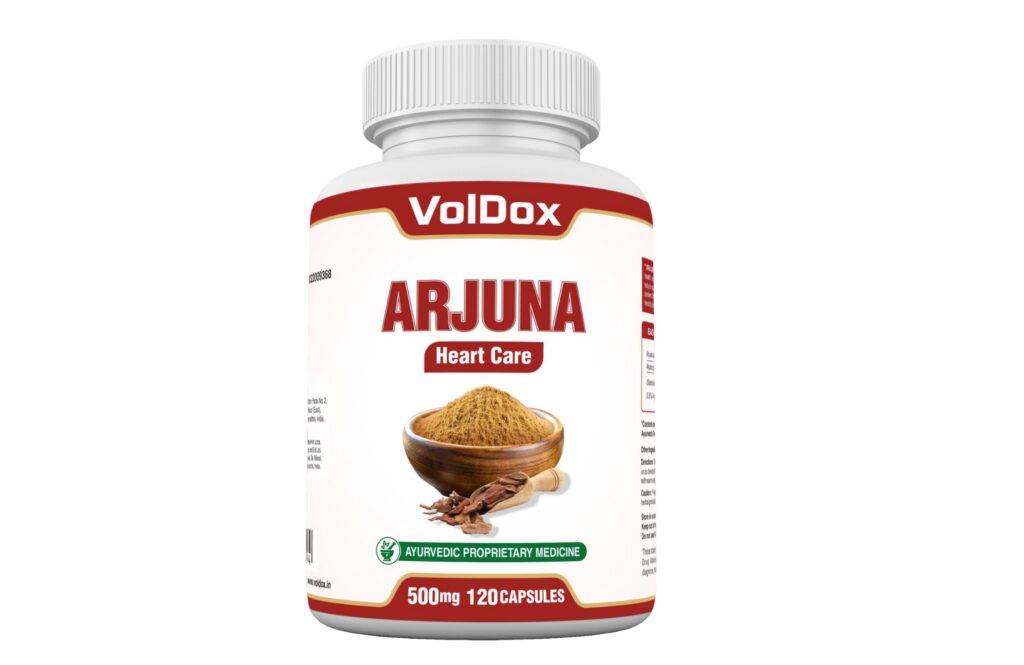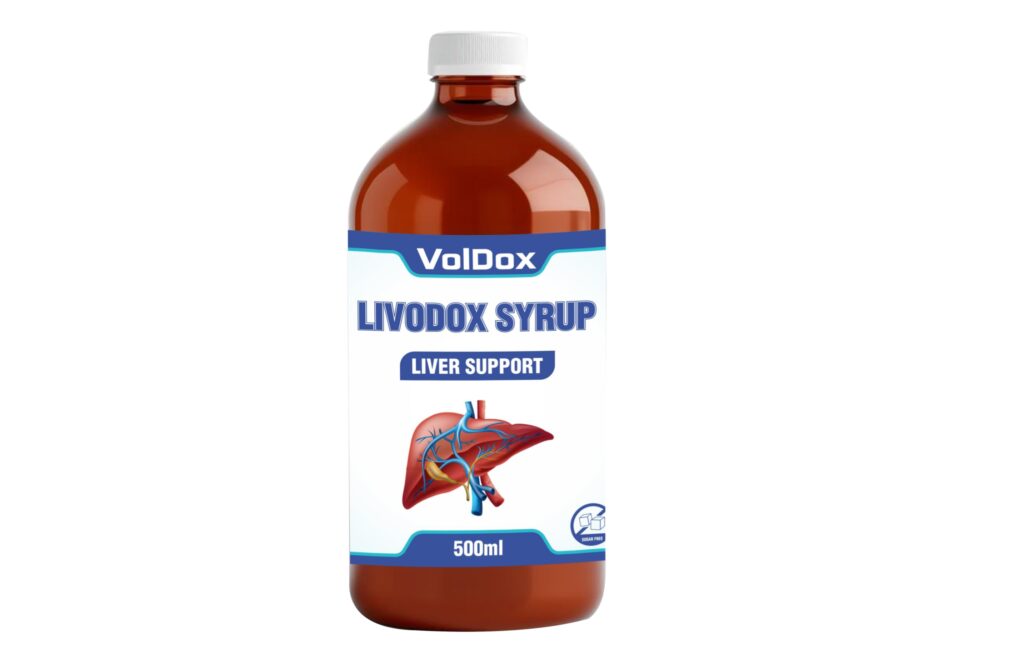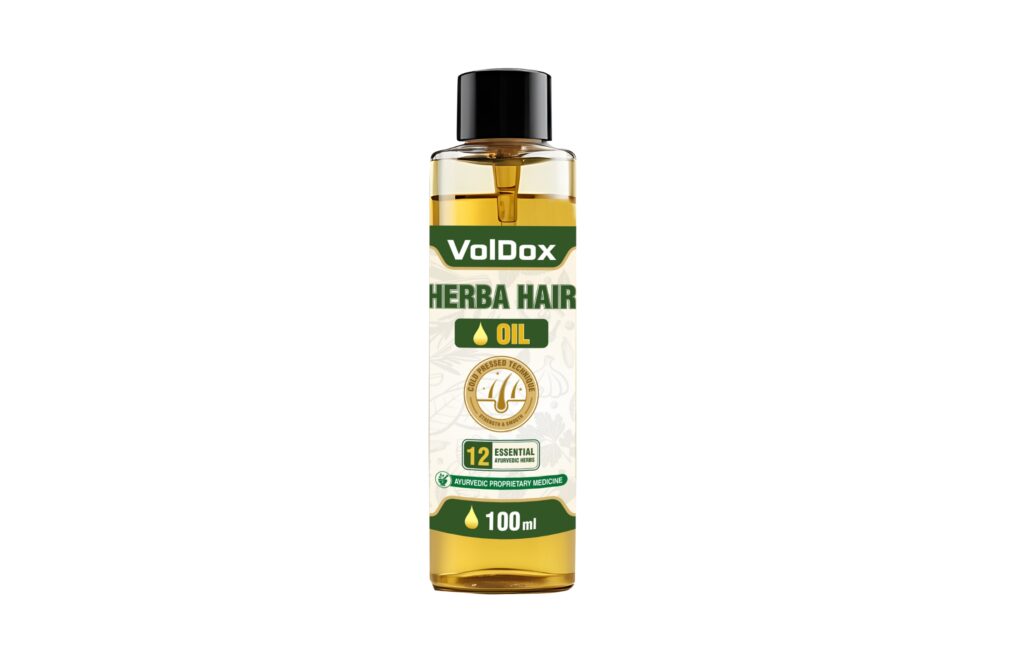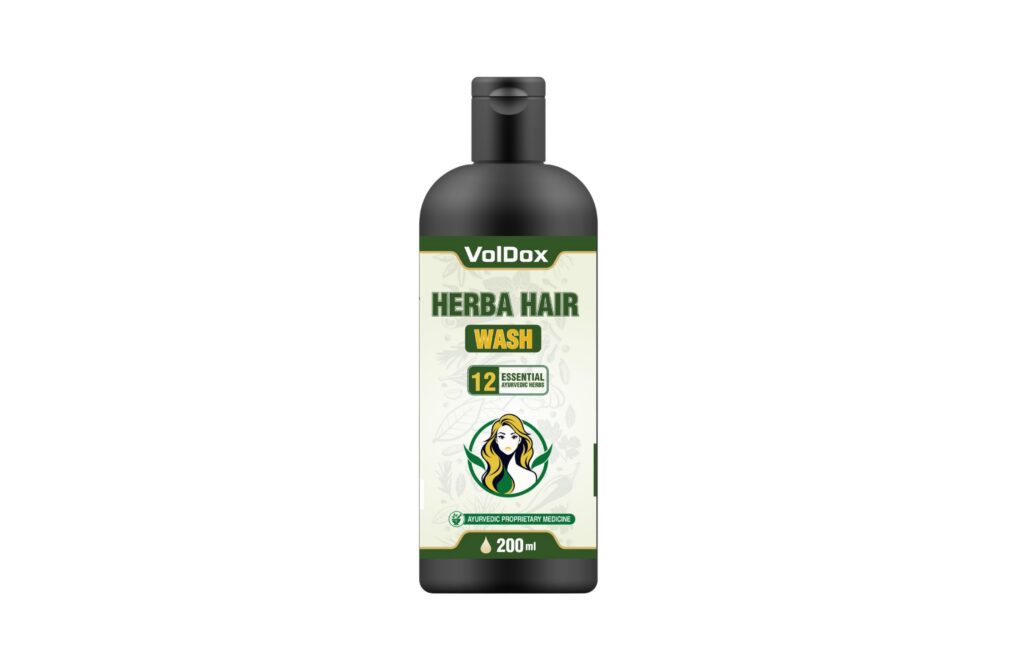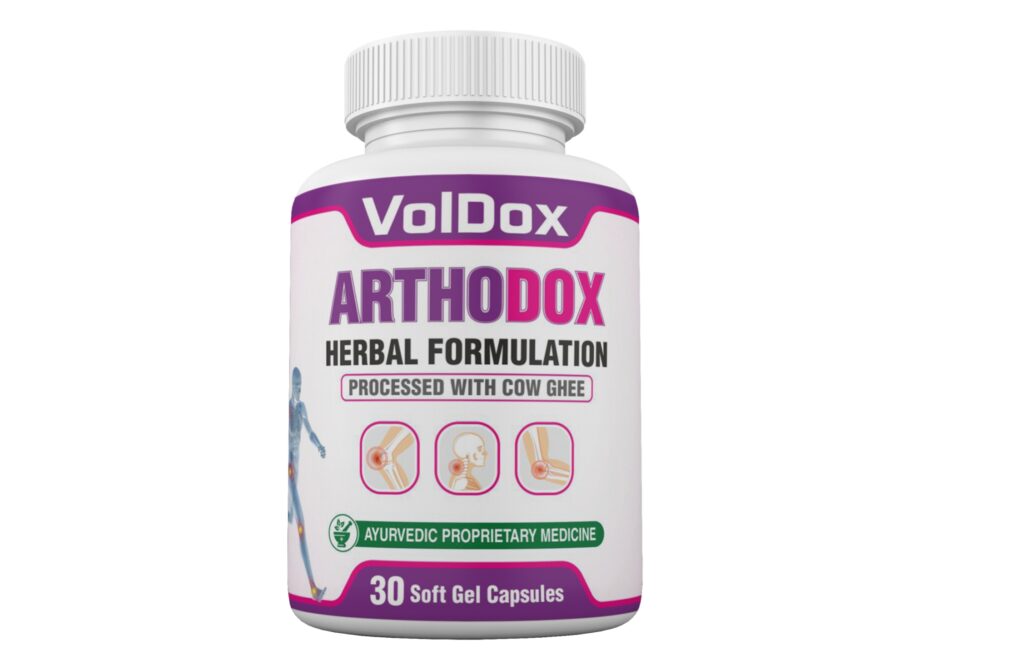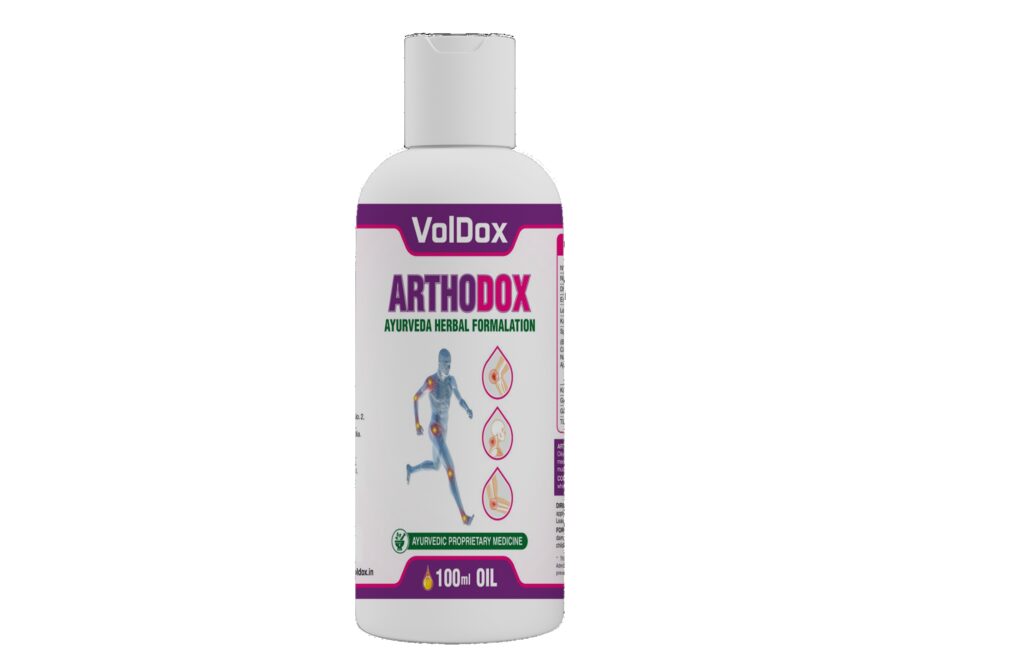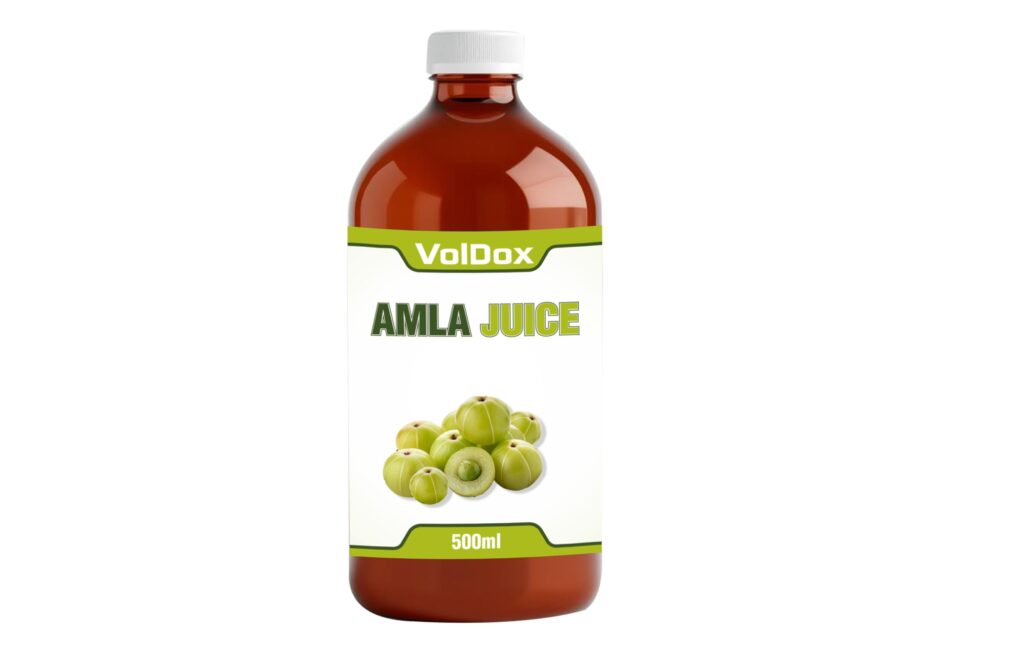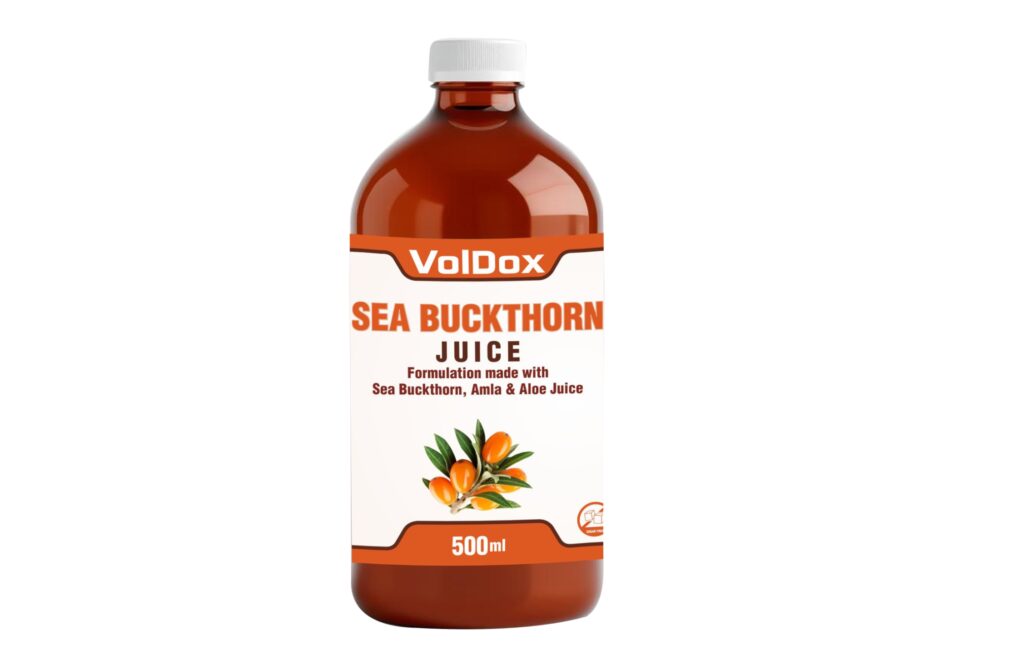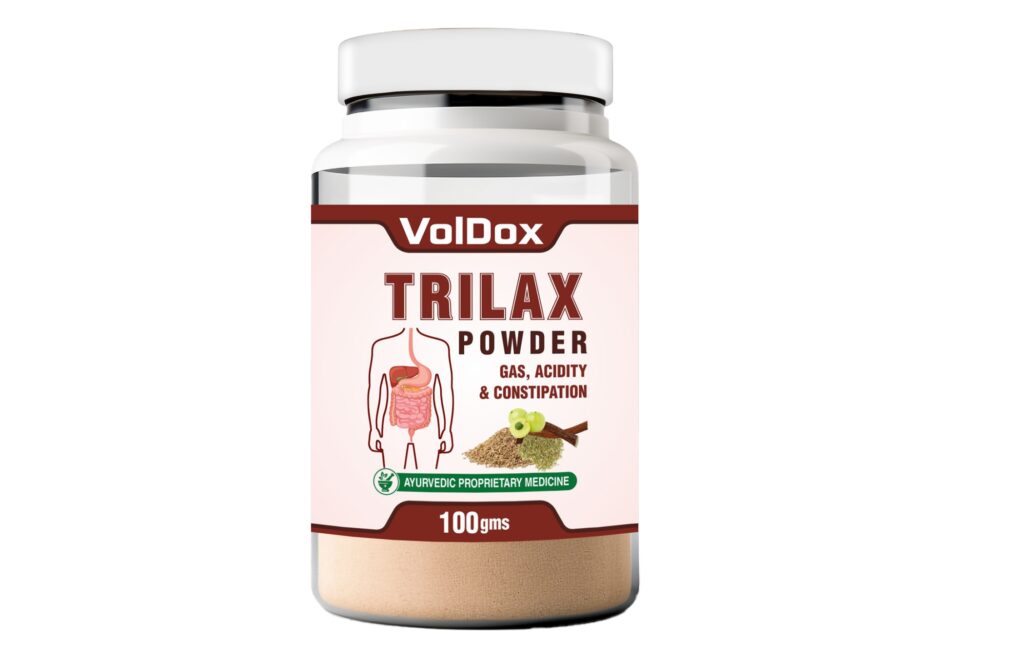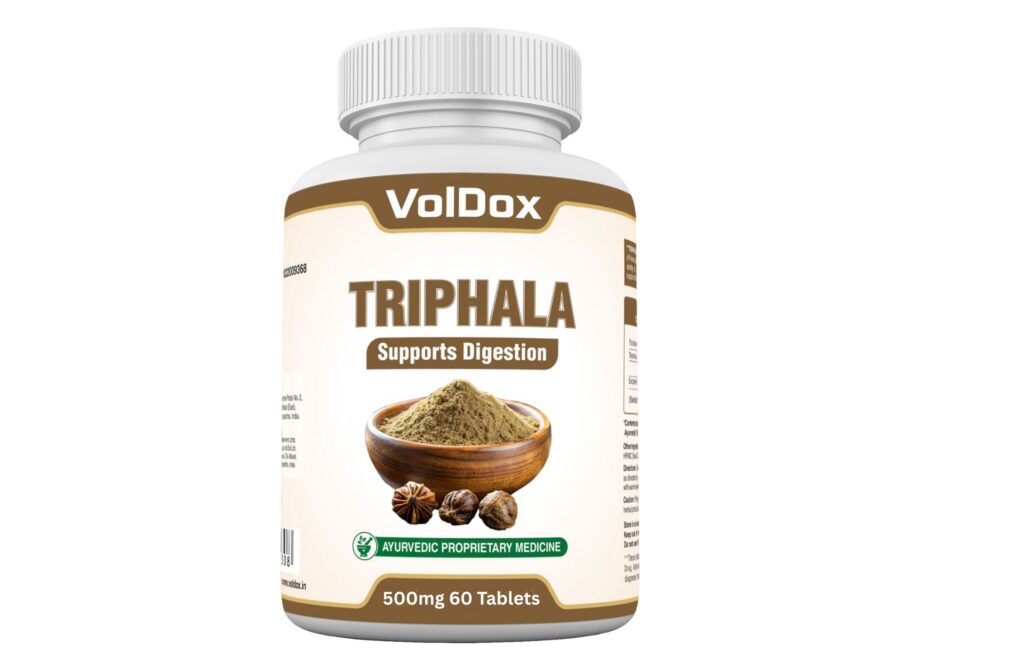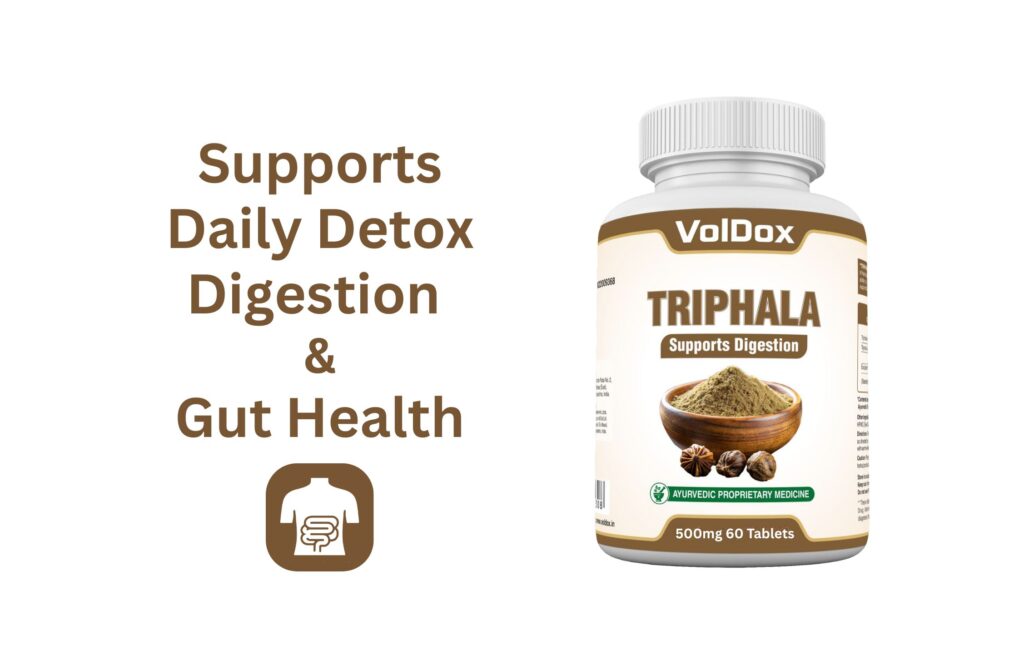Moringa, also known as Moringa oleifera, is a tree native to parts of Africa and Asia. Often referred to as the “drumstick tree” or “miracle tree,” moringa is revered for its nutritional value and medicinal properties. Packed with vitamins, minerals, antioxidants, and essential amino acids, moringa has long been a staple in traditional medicine, offering a wide array of health benefits. In this blog, we’ll explore the remarkable benefits of moringa for skin, hair, liver care, stomach health, diabetes, and immune system strength.
1. Nutrient-Rich Powerhouse
Moringa is packed with essential nutrients that are vital for overall health. It contains high levels of Vitamin A, Vitamin C, calcium, iron, potassium, and protein. These nutrients are known to promote healthy skin, improve bone health, boost energy, and support various bodily functions.
2. Moringa’s Benefits for Skin
Moringa is a powerhouse for skincare. It is rich in antioxidants like Vitamin C, beta-carotene, and chlorogenic acid, which help to neutralize free radicals in the body and reduce oxidative stress. This makes moringa a natural anti-aging agent.
- Fights Signs of Aging: The antioxidants in moringa can help fight fine lines and wrinkles by promoting collagen production, which is crucial for skin elasticity.
- Hydrates and Moisturizes: Moringa oil, which is extracted from the seeds of the tree, is often used in skincare products due to its ability to hydrate the skin and lock in moisture. It’s especially useful for dry skin.
- Improves Skin Tone: Moringa is known for its anti-inflammatory properties, which can help soothe skin irritation, reduce redness, and promote an even skin tone.
How to Use: Apply moringa oil directly to your skin as a moisturizer, or use moringa-based creams and lotions. For a DIY face mask, mix moringa powder with honey or yogurt to create a nourishing paste that can be applied to the face.
3. Moringa’s Benefits for Hair
Moringa is also beneficial for hair health. The nutrients it contains—such as iron, vitamins A and C, and zinc—nourish the scalp and promote hair growth.
- Strengthens Hair Follicles: Moringa’s high iron and zinc content helps in strengthening hair follicles, preventing hair fall, and promoting healthy hair growth.
- Prevents Dandruff and Dry Scalp: The anti-inflammatory and antimicrobial properties of moringa help to combat dandruff and soothe the scalp, reducing itching and flakiness.
- Adds Shine and Luster: The natural oils in moringa also add shine to the hair, making it appear healthier and more vibrant.
How to Use: Apply moringa oil directly to the scalp and hair as a nourishing hair mask. Leave it on for at least 30 minutes before washing it out for best results.
4. Liver Health and Detoxification
Moringa has detoxifying properties that support liver health. It helps to cleanse the liver by flushing out toxins and preventing liver damage from oxidative stress. The high levels of antioxidants in moringa also promote the regeneration of liver cells, making it an excellent herb for liver detoxification.
- Supports Liver Function: Regular consumption of moringa can help reduce the levels of toxins and fat accumulation in the liver, promoting better liver function.
- Protects Against Liver Damage: Moringa has been shown to protect against liver fibrosis, which can lead to cirrhosis if left untreated.
How to Use: You can consume moringa powder in smoothies, teas, or capsules to help support liver health. Some people also use moringa oil for massage to promote circulation and detoxification.
5. Improving Stomach Health
Moringa is highly beneficial for digestive health. It contains properties that help reduce inflammation, balance gut bacteria, and improve digestion.
- Relieves Constipation: Moringa has mild laxative effects that help relieve constipation by promoting smooth bowel movements.
- Supports Gut Health: It can balance the microbiome in the gut, promoting healthy digestion and preventing bloating or indigestion.
- Reduces Ulcers and Gastric Issues: Moringa’s anti-inflammatory properties also help protect the stomach lining, reducing the risk of ulcers and gastritis.
How to Use: You can consume moringa powder with water or in a smoothie to aid digestion. Moringa capsules or tea can also be used for regular stomach health maintenance.
6. Anti-Inflammatory Properties
Moringa is known for its strong anti-inflammatory effects, making it effective in treating conditions such as arthritis, joint pain, and general body aches. The presence of compounds like isothiocyanates, flavonoids, and phenolic acids helps to reduce inflammation in the body.
- Reduces Joint Pain: Moringa helps reduce pain and swelling associated with conditions like arthritis by inhibiting the production of inflammatory molecules.
- Supports Joint Flexibility: Regular use of moringa can improve joint function and enhance flexibility, promoting better mobility.
How to Use: Moringa powder can be added to smoothies, juices, or teas, while moringa oil can be massaged into inflamed joints for relief.
7. Moringa’s Benefits for Diabetes
Moringa has shown promising effects in managing blood sugar levels. Several studies suggest that moringa may help reduce blood sugar spikes, making it beneficial for people with diabetes or those at risk of developing the condition.
- Regulates Blood Sugar: Moringa helps in lowering blood glucose levels, especially after meals, by improving insulin sensitivity.
- Prevents Complications of Diabetes: Due to its antioxidant and anti-inflammatory properties, moringa can help prevent the long-term complications associated with diabetes, such as nerve damage and kidney problems.
How to Use: Moringa leaves or powder can be added to smoothies or teas. Some studies suggest that consuming 1-2 teaspoons of moringa powder daily may help regulate blood sugar.
8. Strengthening the Immune System
Moringa is a potent immune booster, thanks to its high content of Vitamin C, beta-carotene, and other antioxidants. These nutrients help the body fight off infections, reduce inflammation, and promote overall health.
- Immunity: Moringa contains antimicrobial properties that help fight off harmful bacteria, viruses, and fungi.
- Enhances White Blood Cell Production: The rich vitamin content in moringa helps increase the production of white blood cells, which are essential for protecting the body from infections.
How to Use: Drinking moringa tea or adding moringa powder to your daily diet can provide the immune-boosting benefits you need to stay healthy.
Conclusion: How to Incorporate Moringa into Your Routine
Moringa can be used in various forms, including fresh leaves, powder, capsules, or oil. Here are a few ways to incorporate it into your daily routine:
- Smoothies: Add a teaspoon of moringa powder to your morning smoothie for a nutrient-packed boost.
- Tea: Brew moringa leaves or moringa powder in hot water for a detoxifying tea.
- Capsules: If you prefer a more convenient option, moringa supplements in capsule form are widely available.
- Topical Application: Use moringa oil in your skincare routine or as a hair mask for improved skin and hair health.
With its wide range of health benefits, moringa is truly a superfood that can help improve overall health, skin, hair, liver function, digestion, and immunity. By incorporating moringa into your daily routine, you can harness the full potential of this remarkable herb for a healthier, more vibrant life.

